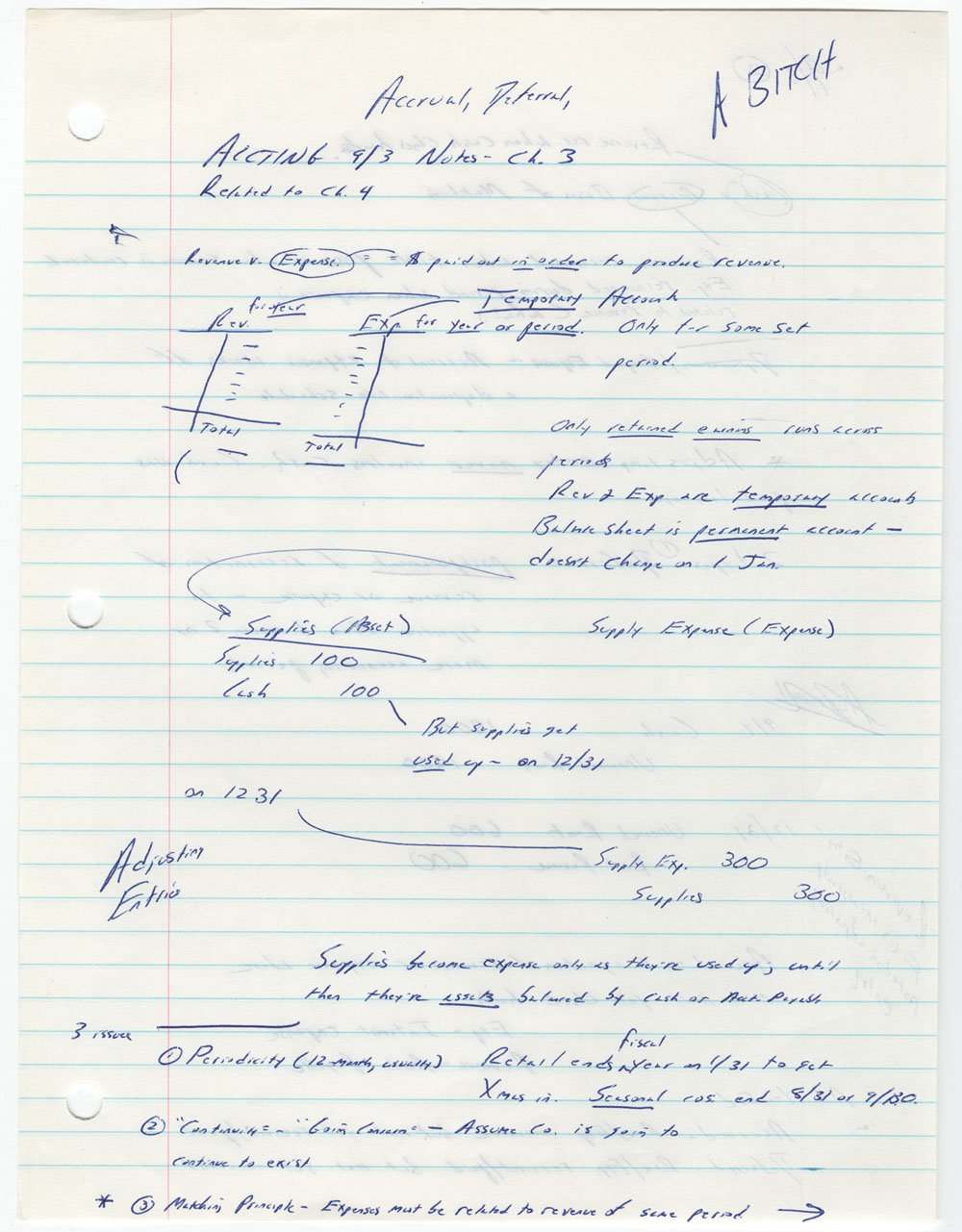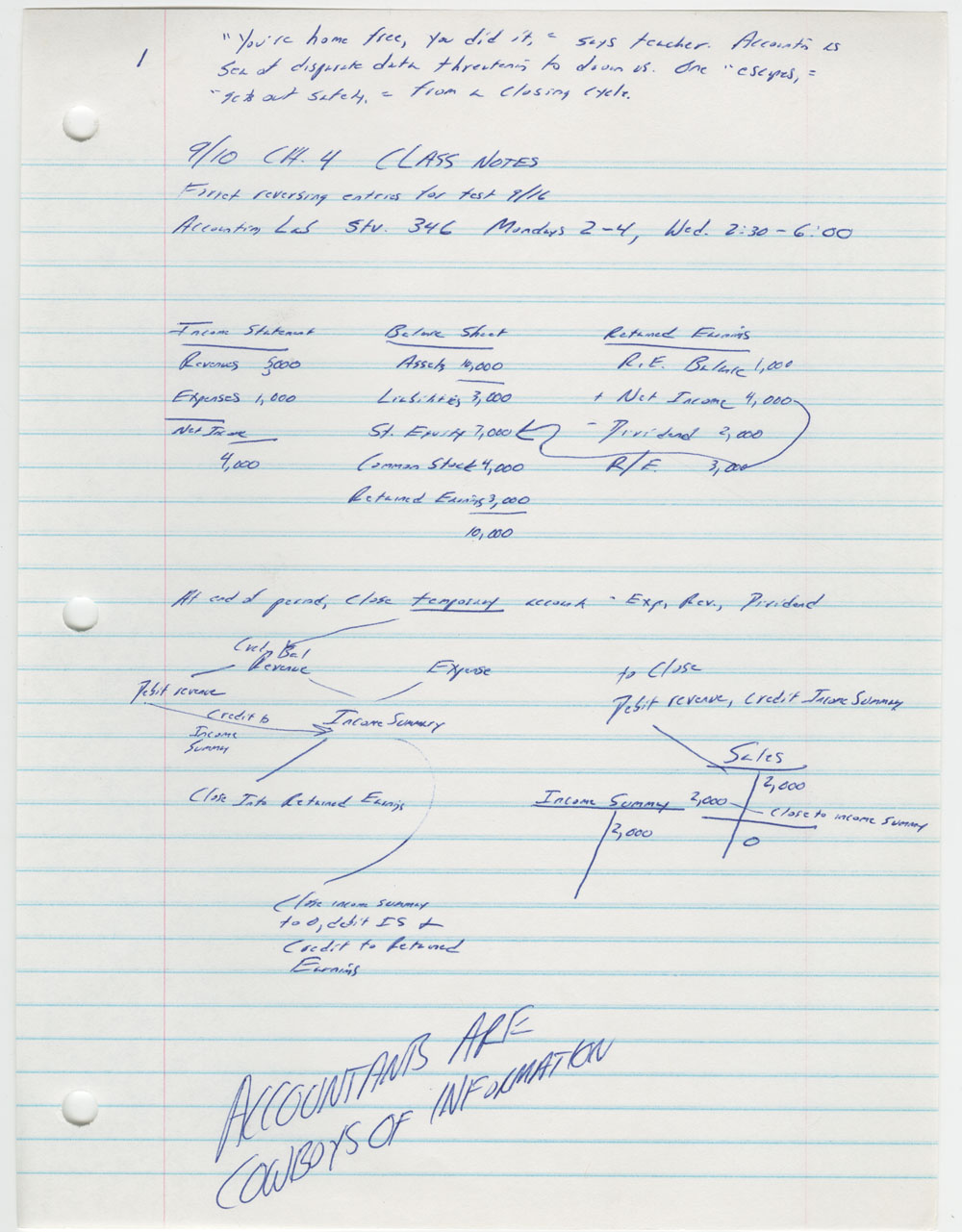Click images once to enlarge, and twice to zoom in.
There are two ways to gather material for a book. The first is to live life to the full. Ernest Hemingway fished, fought, and went to bullfights. Herman Melville and Charles Bukowski slept their way through an impressive portion of the Western world. Jack Kerouac spent years travelling before he reached the critical moment where he was ready to write On The Road. These authors lived with a palpable intensity, and used their experiences as fuel for their writing. Others, however, did not rely on firsthand accounts. Elmore Leonard paid a legman named Gregg Sutter to do his research, using Sutter’s accounts of locations as the scaffolding for his descriptions. Nathan Englander wrote a finely-tuned novel about the disappeared during Argentina’s Dirty War having only visited Buenos Aires for a week. He did a lot of reading.
In writing The Pale King, a novel of 1980s IRS agents stultified by boredom in Peoria, Illinois, David Foster Wallace joined the latter group. Although Wallace had left an unfinished manuscript when he committed suicide in 2008, he had spent more than a decade working on it. In fact, a year after the release of his opus, Infinite Jest, Wallace enrolled in accounting classes at Illinois State University to learn about precisely what IRS agents did. According to The New York Times’ Jennifer Schuessler, the author began “plowing through shelves of technical literature, transcribing notes on tax scams, criteria for audit and the problem of ‘agent terrorism’ into a series of notebooks.”
Today, we bring you two pages of his notes (click the images to enlarge). In the first, above, Wallace has jotted down a few key points about accrual and deferral, alongside what is likely a note to self on the subject’s difficulty: “A BITCH.”
In the second, below, Wallace writes, “‘You’re home free, you did it,’ says teacher. Accounting is sea of disparate data threatening to drown us. One ‘escapes,’ ‘gets out safely’ from a closing cycle.” Cryptic? You bet. But not as cryptic to the untrained eye as “ACCOUNTANTS ARE THE COWBOYS OF INFORMATION,” scrawled diagonally across the bottom of the page.
For an astute interpretation of these notes, I urge you to head over to The New Yorker and read Seth Colter Walls’ “David Foster Wallace’s Tax Classes.”
Ilia Blinderman is a Montreal-based culture and science writer. Follow him at @iliablinderman.
Related Content:
30 Free Essays & Stories by David Foster Wallace on the Web
David Foster Wallace’s Love of Language Revealed by the Books in His Personal Library
The David Foster Wallace Audio Archive: A Little Gift For the Novelist’s 50th Birthday




10 years working on a novel about accounting. Now we know why he did it.